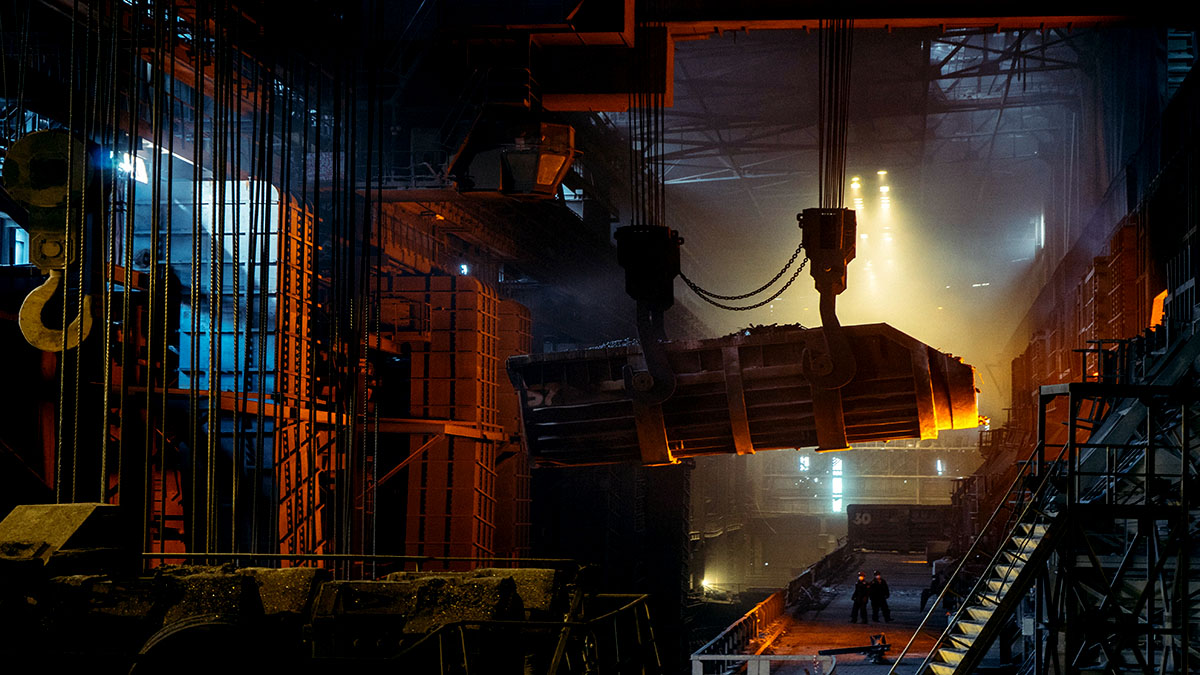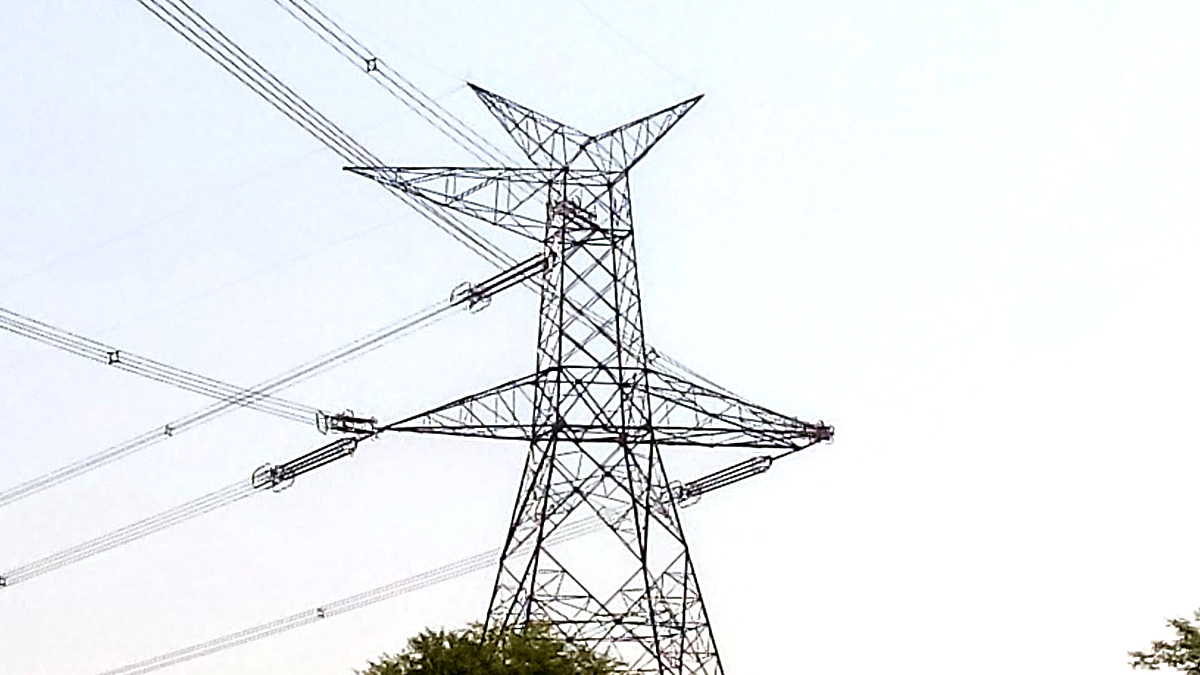Anti dumping duty and the countervailing duty imposed on the imports of hot rolled stainless steel coils have caused a tremendous imbalance by making the key raw material prohibitively expensive for India’s stainless steel downstream industries. India’s MSME industry has suffered a dual blow on account of no restriction of any kind on the imports of finished stainless steel products.
India is amongst the top 15 nations in the world in terms of per-capita consumption of stainless steel with demand coming from diversified industries such as pipes and tubes, Utensils, Architecture, Building & Construction (ABC), Automobile, Railways & Transport (ART), Process Industries and White Goods. These industries meet their demand via downstream products which are rolled/derived from Hot and Cold rolled stainless steel coils. Hot-rolled coil is the primary raw material for all these downstream products.
India’s apparent stainless steel consumption is 3.7 million tons per annum, with Hot rolled and Cold rolled coils finding its application in various downstream products stated above. Notwithstanding the temporary lull caused by COVID 19, the growth rate of stainless steel demand in India is to the tune of 6-7 % CAGR, which is also among the highest in the world. However, stainless steel capacity (Hot Rolled coils) in India remains at a low 2.2 million tons per annum, causing a demand-supply gap exceeding 1.5 million tons per annum.
With domestic supply struggling to keep up with demand, India has had to be a net importer of stainless steel, a vital raw material feed to thousands of MSME units. Therefore, to meet the demand deficit, imports are a vital and legitimate option to sustain a growing country like India. The country’s stainless steel demand deficit can easily be met through imports of hot rolled coils, which can be further rolled into Cold-Rolled coils and other downstream products. This approach can meet the dual national agenda of ‘Make in India’, as well as ‘Atmanirbhar Bharat’.
An adverse effect of anti-dumping and countervailing duties imposed on the imports of hot rolled coils will be that the imports of finished value-added products will become much more attractive compared to producing those same products in India. The direct import of often more costly value-added finished products will make India a high-cost economy; will be detrimental to thousands of small & medium downstream manufacturers; and will make India highly dependent on certain countries, leading to a devastating impact on supply-chain reliability over the long-term. Thus, importing HR coils without tariffs remains the most sensible and viable option, if numerous MSME companies are to survive and grow from further processing HR coils into various downstream products. As accepted by most economists and policy makers, the nurturing of MSMEs is an essential pillar for further job creation in India.
Giving an example of just one downstream segment stainless steel pipes and tubes, Pratik Shah, Director, Chromeni Steels, said, “There are no less than 500+ MSMEs engaged into making stainless steel pipes & tubes in India, generating a revenue of over INR 1,000 crore a month while employing over 2 lakh people. These manufacturers are hit by a double shock. On the one hand, import duties on HR coils have made the raw material prices prohibitively expensive, while on the other hand, end-users have started relying more on the imports of finished goods which turn out to be relatively cheaper in absence of any restriction, displacing their local supply chains. For the local upstream fabrication industries, it is now a crisis of survival.”
To make India self-sufficient, Chromeni Steels had set up an integrated stainless steel plant to manufacture Cold Rolled stainless steel coils near Mundra, Gujarat, with an annual capacity of 0.7 million ton and an investment of INR 1,000+ crores. The project was green-lighted at Vibrant Gujarat Summit in 2017. The company manufactures Cold Rolled stainless steel coils from Hot Rolled Coils which it imports. The company has been selling the manufactured coils (Cold Rolled) to mainly Domestic Downstream industries, and due to this supply, the downstream sectors have hitherto been able to manufacture their end-products at a competitive price.
Once the Indian downstream industry started receiving their basic raw material from Chromeni in the form of stainless steel CR coils, they could boost their manufacturing. This had a direct impact of reduction of imports of finished products, saving India much foreign exchange and reducing the trade deficit generally. In August 2019, imports of stainless steel pipes and tubes stood at over 52,000 tons, which dropped to a third by November 2019 and was in the range of just 12,000 tons in September 2020.
“We believe that any duty imposition on HR Coils would be highly detrimental to India’s Atmanirbhar vision, disrupting India’s downstream industry. India should be protecting its smaller industries and restrict the import of finished products, instead of placing restrictions on raw materials that are already under-produced in India. Restricting end-products and encouraging raw-materials inflow is generally the global practice. To save MSME downstream industries and to have fair competition and adequate supplies of HR and CR coils, which is the raw material for value-added stainless steel Industries, import restrictions should be removed,” added Pratik Shah.













